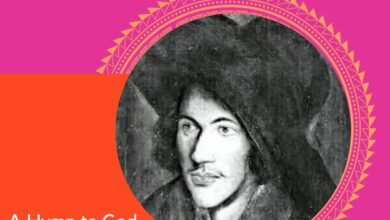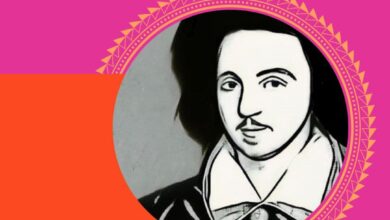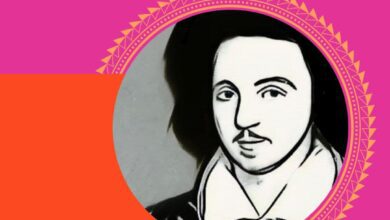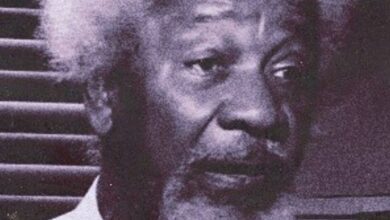Restoration comedy of manners writers | comedy of manners essay | comedy of manners examples
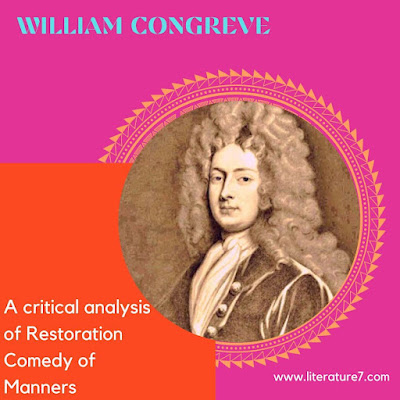
It is now widely accepted that all cultural productions, whether common or severe, whether on film or stage, are actually created on the invisible matrices of a specific culture at a particular time, and that is what enables the acceptance or rejection of a particular form of art is the activity of an ideology or ideologies in society. This is more readily apparent in the rise and growth of Restoration Comedy, which coincided with King Charles II’s (1660) restoration of the monarchy following England’s political upheaval.
England had previously witnessed the assassination of a king and the imposition of the strictest spiritual restorations of Puritan faith by a Protector. It was a revival of the monarchy and drama, as theatres had been condemned as unethical during Cromwell’s reign. Between 1642 and 1660, there was practically no English theatre. Moral deprivation’s usual response was gross profligacy.
The king was an indolent sensualist who fostered a hedonistic atmosphere at court. According to David Daiches, “Charles established the tone for the court wits, and the court wits established the tone for…dramatic comedy.” The playwrights were interested in men and women’s veneers and polished personalities, their manners, where manners refer to a quality gained through social interaction with cultivated men and women.
Read more Contribution of university wits in english literature
However, this style of comedy owes as much to indigenous Elizabethan and Jacobean dramatists such as Jonson, Beaumont, and Fletcher as it does to the western influences of French dramatists such as Moliere and Racine Corneille, and Calderon. Additionally, the comic aspect in the Italian Commedia dell’ Art is also noted.
George Etherege
George Etherege was the first to recognize that Moliere’s style of comedy. The Comical Revenge, the first of its kind, featured a comedic plot revolving around idiots, bullies, and various ladies. Etherege’s last and most brilliant comedy is The Man of Mood. There is savagery to William Wycherley’s plays, a ruthless insistence on both men and women’s unscrupulous selfishness and obsessive animality. He almost became a cynic in his best plays, The Country Wife and The Plain Dealer, where he unleashed his ridicule on disillusioned figures who were blind to everything else in the world as they raced for fun.
William Congreve
William Congreve was the period’s most eminent and accomplished dramatist. He was left with the task of rescuing the Restoration Comedy from negativity and boisterous virility. He establishes his intent in his first play, The Old Bachelor, and the Double Dealer carries the imprint of his thinking on story and drama theory.
Read also Write a note on elizabethan sonnets and sonneteers
Congreve’s most satirical play was Love for Love, and in its Prologue, he declared his intention explicitly to lash the generation. In his magnum opus, The Way of the World, the construction, characterization, and dialogue are all brilliant. This play features many hallmarks of Restoration Comedy, including scenes in which gossip murders reputations, characters such as Mrs. Millament and Mirabell, witty dialogue, the amorous widow, the country square, intrigues, adulteries, and all the normal contradictions between lust and reputation. Congreve deserves praise for consistently resolving the materials, allowing people to take the right realistic path—the path of the world.
John Vanbrugh & Farquhar
Like those of other Restoration Comedy authors, John Vanbrugh’s plays lack the art and elegance of Congreve’s, but they are brimming with vitality and geniality. Just two of Farquhar’s seven plays—The Recruiting Officer and The Beaux Stratagem—emphasize his dramatic capacity. Aphra Behn can be mentioned as a minor Restoration dramatist.
Critical Note
The comedies ended abruptly, in part because the possibilities of a small convention were exhausted. Because Farquhar died, Congreve became blind, and Vanbrugh became absorbed in his architecture. These incidents had little to do with Jeremy Colier’s essay.
Posterity had not always been kind to the Restoration comedies’ foibles and follies. It has been criticized as meaningless, boring, and gross by critics such as L. C. Knight, who asserts that it is devoid of the basic elements of human experience. Indeed, comedies represent a lack of maturity rather than an unethical attitude. For instance, the plots are overly complicated, prompting Granville Barker to inquire, “How could an audience be both intelligent enough to comprehend it and dumb enough to be entertained by it?”
On the other hand, the Restoration dramatists took a particular interest in their remarkable society’s social successes and follies. Additionally, its various characteristics—experimentalism and skepticism, cynicism and satiric inquiry, a re-examination of social interaction, moral indifference and superficial intellectualizing, the modern theatre with its picture-frame stage, actresses performing, movable scenery, and artificial light—were reflected and established during the Restoration era. Finally, Restoration Comedy made a significant contribution to the English language’s refinement and progress.

